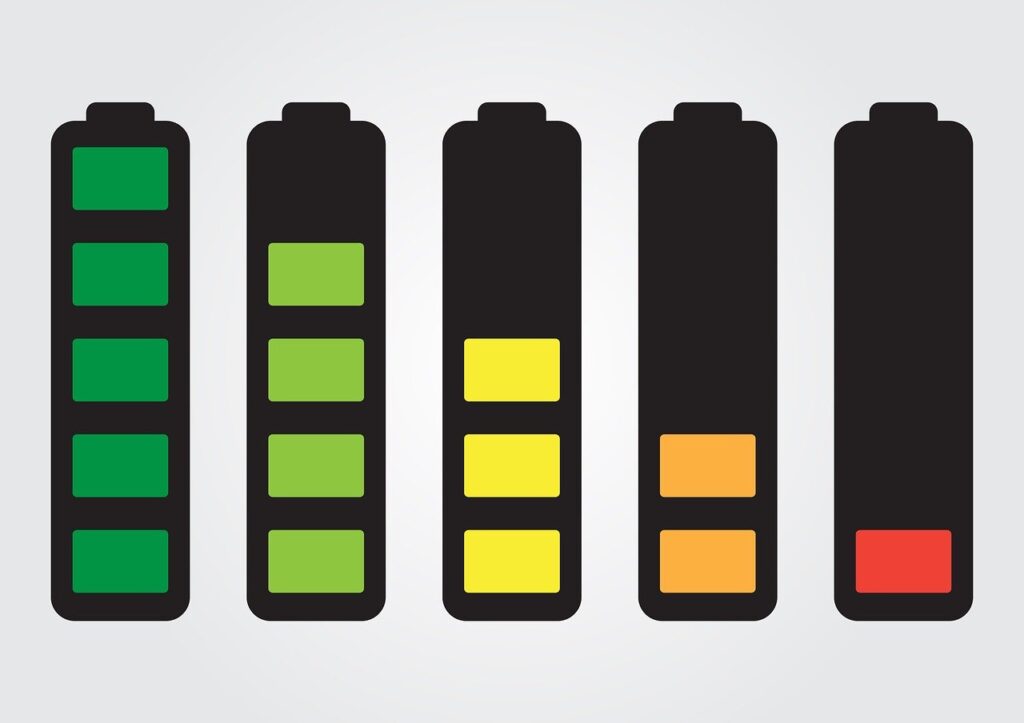If you’ve ever gone through a job interview, then you’ve probably heard the question “what’s your weakness?”
It’s a classic question that’s been asked for decades, and it’s still a question that can make even the most confident candidates stumble. However, with the rise of technology, this question is no longer just asked by humans, but also by AI-powered recruitment tools like HireVue.
Here are 7 tips and an example of how to answer “what is your weakness”.
- Don’t speak like a robot
- Don’t pick a weakness that’s critical to the job
- Make sure the weakness is fixable
- Describe how you’re working on fixing it
- Don’t use the word “weakness” in your answer. Instead use “improvement” or “improving”.
- Tell them that you’re not there yet, but you’re aware of it, and you have a plan to improve it.
- Example: “I’m working to overcome my fear of public speaking. I’m fine in front of small groups of people, but with large groups I get very nervous. I’m working on improving it by reading articles on managing fear, watching tutorial videos, and practicing when I get the opportunity. I’m not there yet, but I’m a work in progress, and I’m sure over time, I’ll become more confident with public speaking.”
- Don’t tell them that you’ve solved it, because then it won’t be a weakness.
Read on to find out why we ask “what is your weakness” and how the answer is disguised
Why do interviewers and HireVue ask this question?
I have interviewed over 10,000 people. There are several reasons why interviewers ask this question:
- To assess if you have any critical flaws that could prevent you from performing the job well.
- To listen and observe how you deal with a question that puts you under pressure.
- To gauge how self-aware you are.
- To understand what you’ve been doing to work on this weakness.
- To assess how honest you are.
Want to learn step-by-step how to pass a HireVue interview?
Access our online HireVue course here
Remember, having a weakness is NOT bad.
Everyone has weaknesses, but it’s your ability to be aware of them and work on them that makes a positive difference.
HireVue may ask this “what is your weakness” in a few disguises, such as:
- “What would your manager say is your biggest weakness?”
- “What skill do you need to improve?”
- “What part of your job do you dislike the most?”
So, you need to carefully listen to the questions at all times in order to give the right answer.
Tips on how to answer “what is your weakness” effectively in a HireVue interview:
- Avoid sounding like a robot
While it’s important to practice your answers, you should avoid sounding like you’re reading from a script. Speak naturally, as if you’re having a conversation. HireVue can detect nuances in your voice, so if you sound like you’re reading from a script, it may negatively affect your score.
- Don’t pick a weakness that’s critical to the job
Avoid picking a weakness that’s critical to the job you’re applying for. For example, if you’re interviewing for an analyst role and you say you have difficulty working with large amounts of data, you’re definitely going to FAIL the interview.
Instead, choose a weakness that’s not fundamental to the role.
- Describe how you’re working on fixing it
This is where the magic lies. The interviewer, or HireVue, wants you to explain how you’re trying to overcome your weakness. So, give them an answer to “what is your weakness” that shows how you’re working on it. For example, if you’re nervous about public speaking, you could say, “I’m working to overcome my fear of public speaking by reading articles on it, watching tutorial videos, and practicing when I get the opportunity. I’m not there yet, but I’m a work in progress, and I’m sure over time, I’ll become more confident with public speaking.”
Examples of “what is your weakness” you could mention in an interview:
- Difficulty saying no to others
- Uncomfortable with direct confrontation
- Too honest with words
- Lack of patience
- Lack of working experience (if applying for an intern or graduate position)
- Over-reliance on solving problems on your own
- Focusing too much on details
Remember, each weakness you mention should be fixable, and you need to explain how you’re working on it and that you’re having some success in fixing it.
Don’t say this when asked “what is your weakness”
“I’m a perfectionist.”
UGH!. It’s so cliche. This answer is older than DISCO.
This answer is older than disco.
If you do use it, the interviewer will NOT be impressed. If I hear this cliche I push for another and another until I get a real one… and its usually one that your haven’t prepared for and don’t want to tell me. Sounds mean.. well thats what happens when you se cliche answers!
It’s also a good idea to think about three weaknesses in advance and practice them, JP Morgan in particular like to ask for 3.
Try one and have a go in our practice section
Good luck!
Want our top tips on preparing for a HireVue interview?
15 top tips on HireVue preparation here
Want our top tips on preparing for a HireVue interview? 15 top tips on HireVue preparation here
What is HireVue? Find our HERE
See HireVue official FAQ page HERE
